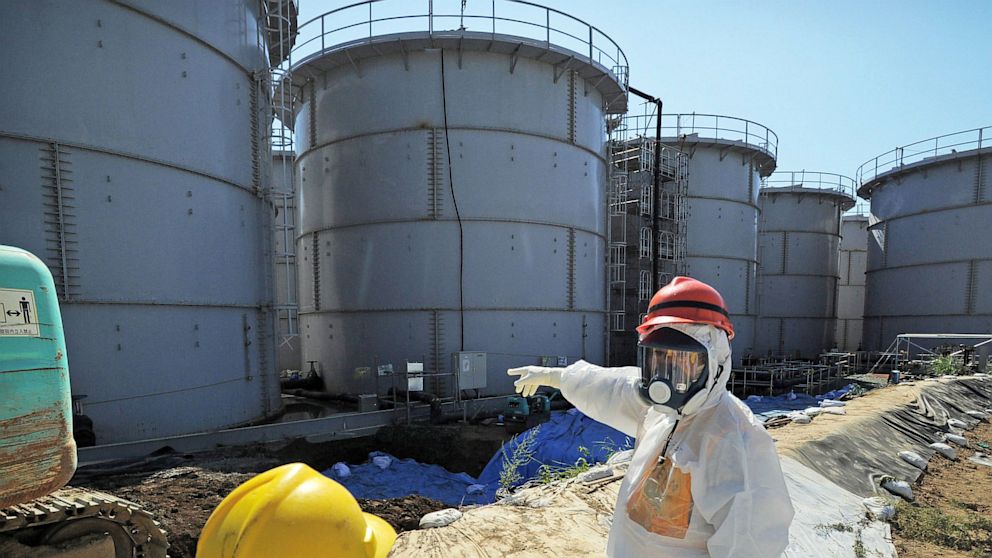Newly Approved Genetically Engineered Crops Found to Drastically Increase Use of Toxic Pesticides
The U.S. Department of Agriculture has quietly approved the first of a new generation of GE crops resistant to more toxic herbicides.? The first crop to pass the low regulatory bar was a Bayer soybean variety genetically engineered to withstand direct application of the herbicide isoxaflutole (IFT), which according to the Environmental Protection Agency (EPA) is a ?probable human carcinogen.? The Center for Food Safety (CFS) projects at least a four-fold rise in national use of this toxic herbicide thanks to these new GE soybeans, and a host of related human health and environmental harms. This is a major step backwards for the farming industry of this nation, and will certainly have major implications on the health of humans, animals, and the environment. Approval of such crops, once again emphasizes the importance of buying organic food items, which can not contain pesticides, and herbicides, such as isoxaflutole.
herbicide isoxaflutole (IFT), which according to the Environmental Protection Agency (EPA) is a ?probable human carcinogen.? The Center for Food Safety (CFS) projects at least a four-fold rise in national use of this toxic herbicide thanks to these new GE soybeans, and a host of related human health and environmental harms. This is a major step backwards for the farming industry of this nation, and will certainly have major implications on the health of humans, animals, and the environment. Approval of such crops, once again emphasizes the importance of buying organic food items, which can not contain pesticides, and herbicides, such as isoxaflutole.
Florida Citrus Grower That Killed Millions of Bees With Pesticide Gets $1,500 Fine
In Crystal River, Florida,?the state found that major citrus grower, Ben Hill Griffin Inc.?broke pesticide laws twice this year. Every four days, they were spraying seven or eight different types of pesticides. As a  result, huge numbers of bees were killed and millions of dollars were lost by local beekeepers. And what was their punishment for such a reckless act? A minuscule $1,500 fine! As awareness of??Colony Collapse Disorder, a phenomenon that?s led to mass bee die-off, grows, this should outrage many. Bees are key pollinators for many vital plants, meaning their disappearance has dire consequences for entire ecosystems. That fine pales in comparison to the losses of local beekeepers and the cost to local ecosystems.
result, huge numbers of bees were killed and millions of dollars were lost by local beekeepers. And what was their punishment for such a reckless act? A minuscule $1,500 fine! As awareness of??Colony Collapse Disorder, a phenomenon that?s led to mass bee die-off, grows, this should outrage many. Bees are key pollinators for many vital plants, meaning their disappearance has dire consequences for entire ecosystems. That fine pales in comparison to the losses of local beekeepers and the cost to local ecosystems.
Radiation Near Fukushima Tanks Suggest New Leaks
On Saturday, high radiation levels detected at?Japan?s ?Fukushima Daiichi?nuclear plant raised the possibility of additional leaks.?The operator, Tokyo Electric Power Company, or Tepco, said it had found the high levels of radiation at four separate spots on the ground, near some of the hundreds of tanks used to store toxic water produced by makeshift efforts to cool the ?plant?s three damaged reactors.?This discovery suggests that there may have been other leaks from the tanks, which appear to have been poorly built as Tepco has scrambled to find enough storage space for the contaminated water being produced by the plant.?The contaminated water increases by 400 tons every day as groundwater flows into the basements of the damaged buildings housing the three ruined reactors, which melted down in the worst nuclear accident since Chernobyl in 1986. Fukushima continues to highlight the major risks, and unforgiving damage, that comes with nuclear power plants.
the possibility of additional leaks.?The operator, Tokyo Electric Power Company, or Tepco, said it had found the high levels of radiation at four separate spots on the ground, near some of the hundreds of tanks used to store toxic water produced by makeshift efforts to cool the ?plant?s three damaged reactors.?This discovery suggests that there may have been other leaks from the tanks, which appear to have been poorly built as Tepco has scrambled to find enough storage space for the contaminated water being produced by the plant.?The contaminated water increases by 400 tons every day as groundwater flows into the basements of the damaged buildings housing the three ruined reactors, which melted down in the worst nuclear accident since Chernobyl in 1986. Fukushima continues to highlight the major risks, and unforgiving damage, that comes with nuclear power plants.

Comments are closed.